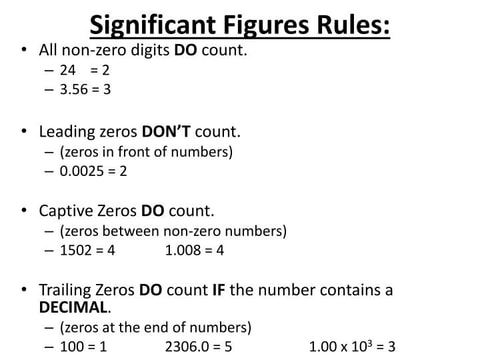Unit 3: Measuring & Calculating
Reading
BJU Chemistry book: Ch. 3 "Measuring and Calculating"
AP Classroom: Unit 1 "Atomic Structure and Properties" (continued)
AP Princeton Review: Unit 1 (continued)
Topics
Labs/Projects
BJU Chemistry book: Ch. 3 "Measuring and Calculating"
AP Classroom: Unit 1 "Atomic Structure and Properties" (continued)
AP Princeton Review: Unit 1 (continued)
Topics
- Converting between 'units'
- Accuracy and precision
- The concept of "significant digits"
- Calculations involving mass, volume, density, etc
Labs/Projects
- Measurement and Sig Figs lab
| 1._measurement_and_sig_figs_lecture_notes_2022.docx |
Measurement and Sig Figs lab
| 1._measurement_and_sig_figs_lab_handout_rev_2023.docx |
| 1._measurement_and_sig_figs_lab_background_reading.docm |
Optional: "Air in Classroom" (density lab)
| "Air in Classroom" (density_lab)_2022.docx |

